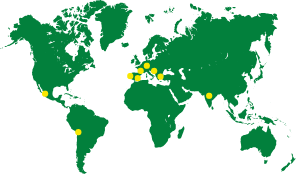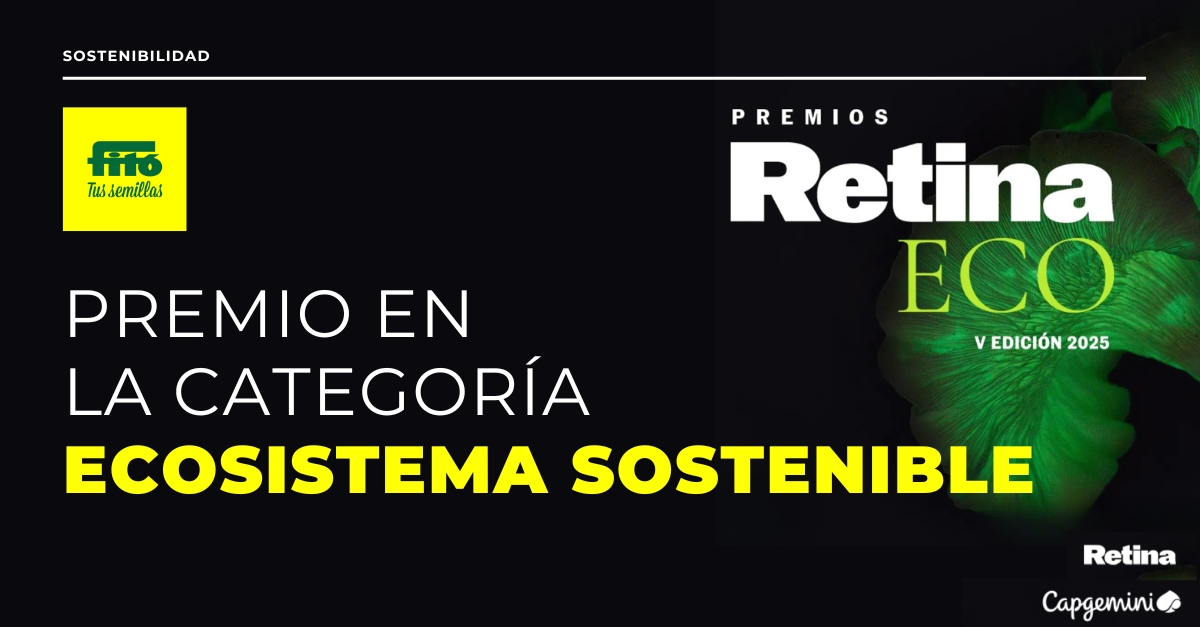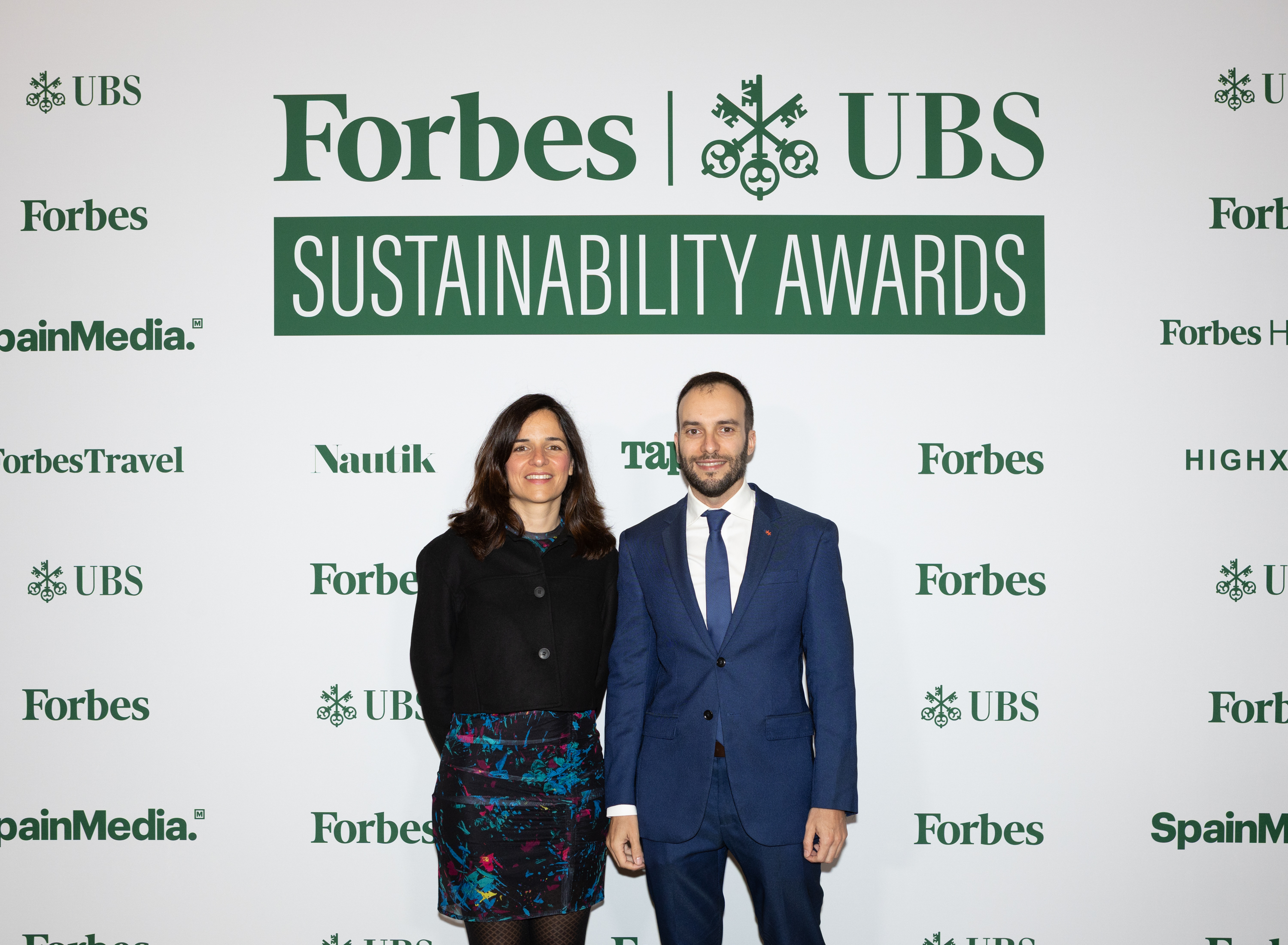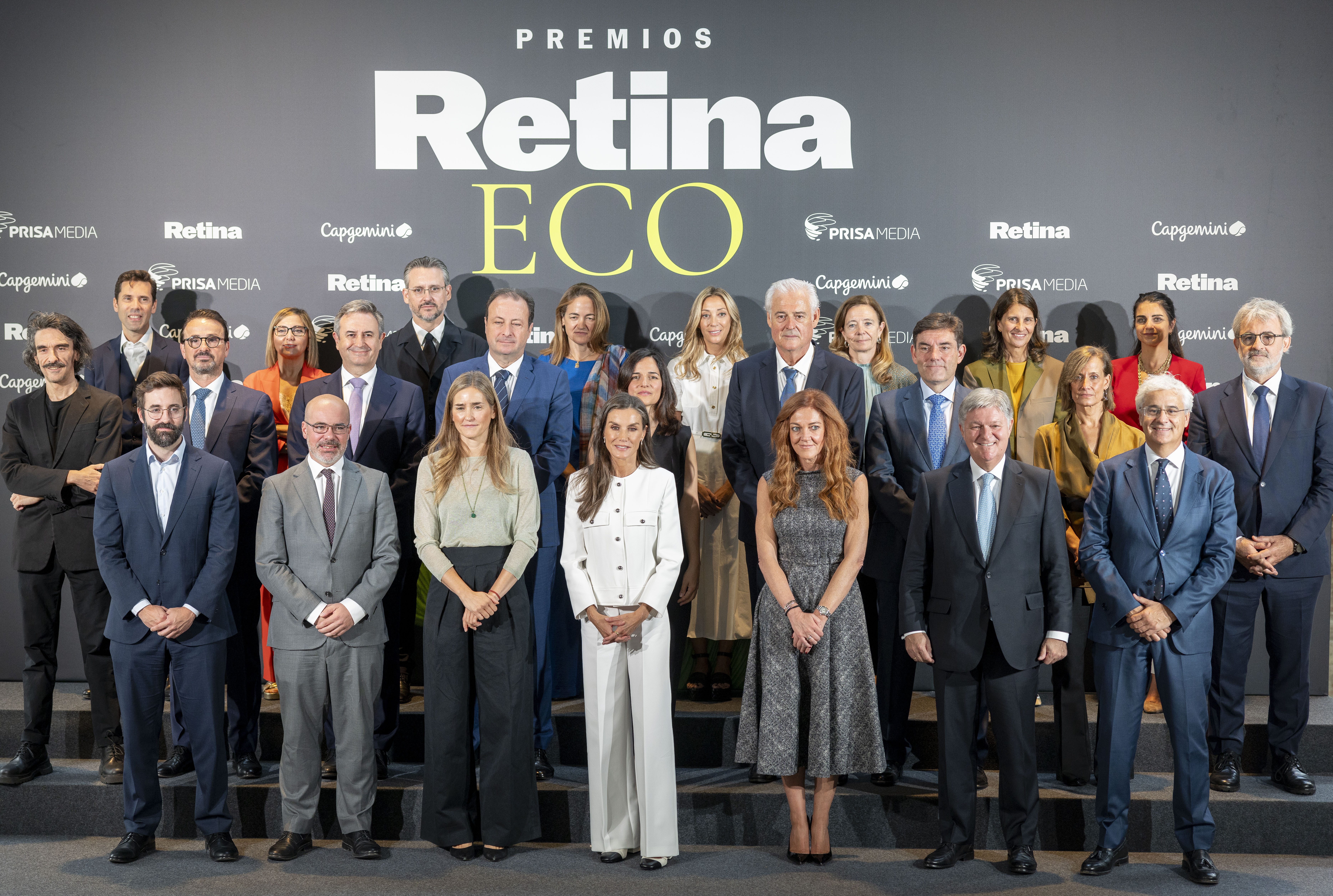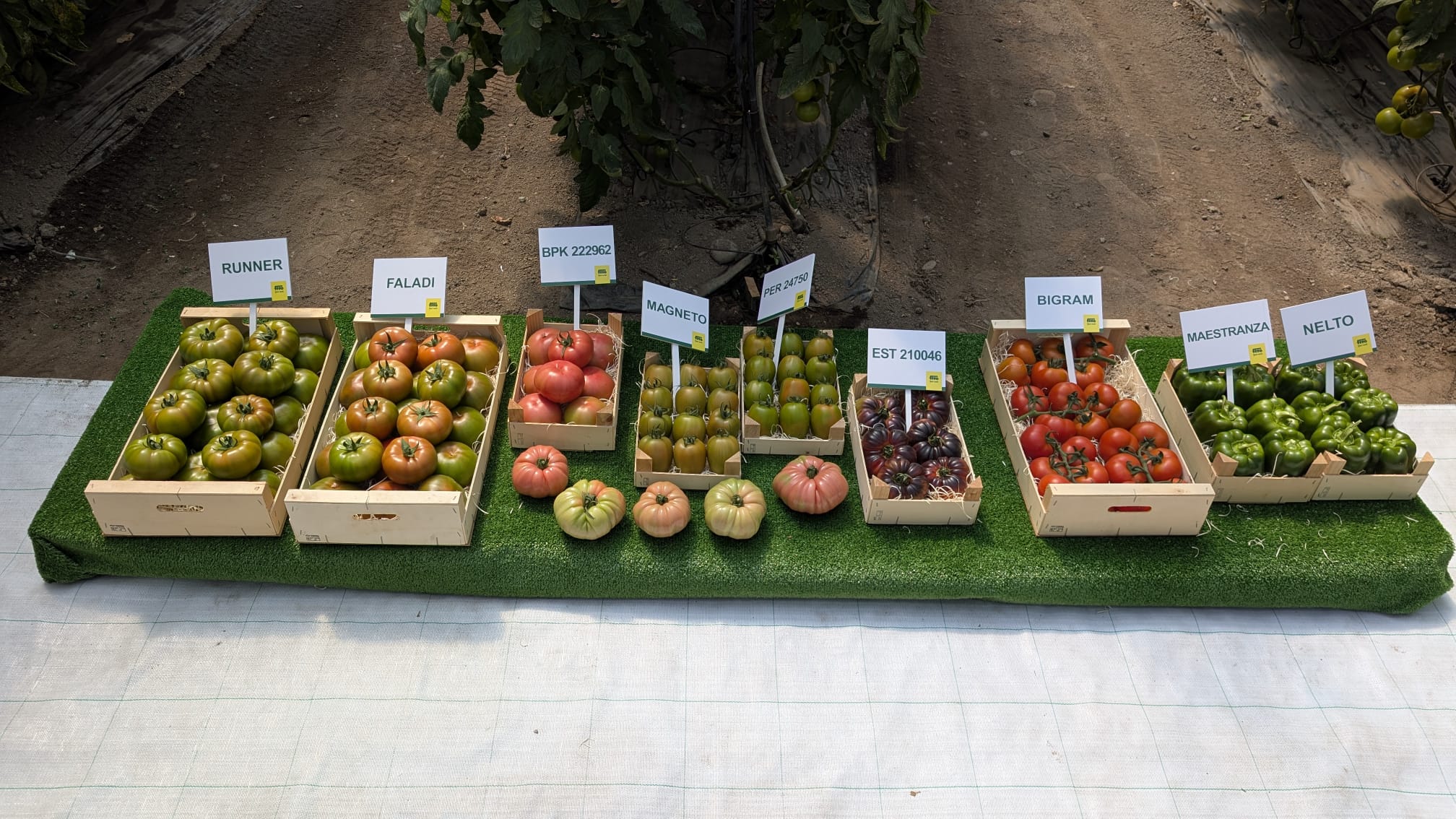NEWS
Winner of the Retina ECO Award for its groundbreaking methodology to measure the environmental impact of vegetable varieties
28/07/2025
This environmental assessment tool enables Fitó to offer varieties with a demonstrated 12% reduction in ecological footprint.
Semillas Fitó has received the prestigious Retina ECO award in the Sustainable Ecosystem category, organized by Prisa Media in collaboration with Capgemini, for its pioneering project: “Plant varieties to reduce the ecological footprint of agriculture.” The company was recognized not only for developing more efficient vegetable crop varieties, but also for creating the first methodology specifically designed to calculate the environmental footprint of horticultural crops at the varietal level, aligned with European Commission standards.
This project—part of Fitó’s Sustainability Plan—enables the scientific quantification of the environmental impact of vegetable varieties based on five key indicators: carbon footprint, water footprint, energy footprint, land use footprint, and resource use footprint (including pesticides, fertilizers, and disinfectants). Results to date show reductions of 10–12% per ton produced, as demonstrated by varieties such as Nelto (pepper) and through the use of the Augusto rootstock (eggplant), which has achieved a 27% reduction in resource use footprint.
“What truly sets this project apart is not just the genetic development, but the fact that we can now measure and compare the impact of each variety using a rigorous methodology tailored to the horticultural sector—something that didn’t exist before,” explains Juan Jesús Narváez, member of the Sustainability Committee at Semillas Fitó.
A sector-wide tool with global ambition
The methodology, developed in collaboration with the Institut Cerdà, was designed in accordance with the Product Environmental Footprint (PEF) principles established by the European Commission. The project is neither closed nor exclusive. On the contrary, Fitó is making this tool available to the entire agri-food sector.
“At Fitó, we aim to be the trusted sustainability partner across the agri-food value chain. It’s not just about offering products, but about delivering scientific, practical solutions. That’s how we create shared value,” says Elisabet Fitó, Corporate Relations Director.
Measured and scalable impact
The model has already been applied in real production settings. For example, in pepper production in Murcia, a leading horticultural region in southeastern Spain, adopting more sustainable varieties could enable an estimated annual reduction of 2,080 metric tons of CO₂ equivalent. Extrapolated globally, the potential impact is even more significant: over 460 million metric tons of CO₂ equivalent could be avoided if these new varieties were adopted in key production regions worldwide.
Direct benefits for farmers
For growers, the value of these new varieties extends beyond environmental benefits. They offer a tangible tool to improve profitability, reduce risks, and adapt to an increasingly demanding context. Thanks to genetics focused on resource efficiency, these varieties allow for optimized use of water, energy, and agrochemical inputs. In practice, this can translate into cost savings during critical stages of the crop cycle, contributing to greater economic stability in a volatile market environment. These solutions also improve agronomic resilience to stressors such as water scarcity, soil salinity, and soil-borne diseases—through the development of adapted varieties and the use of specific rootstocks like Augusto in eggplant. Moreover, they help farmers comply with sustainability requirements under the Common Agricultural Policy (CAP), the European Farm to Fork strategy, and standards demanded by retailers and export markets. As a result, growers benefit from more efficient production while also improving their commercial positioning in markets that increasingly value environmental responsibility and full traceability from seed to shelf.
A strategic and evolving commitment
This project is part of Semillas Fitó’s Sustainability Plan, guided by the People, Planet & Profit framework, which encompasses more than 20 active lines of action. With a presence in over 90 countries and one of the highest R&D investment rates in the sector, the company reaffirms its leadership in plant genetics not only through technical innovation but also through sustainability and corporate responsibility.
Last news
CONTACT US
Check our worldwide sales network
Central office
Selva de Mar 111 08019 Barcelona España
Tel.: 93 303 63 60 · Fax: 93 303 63 73
